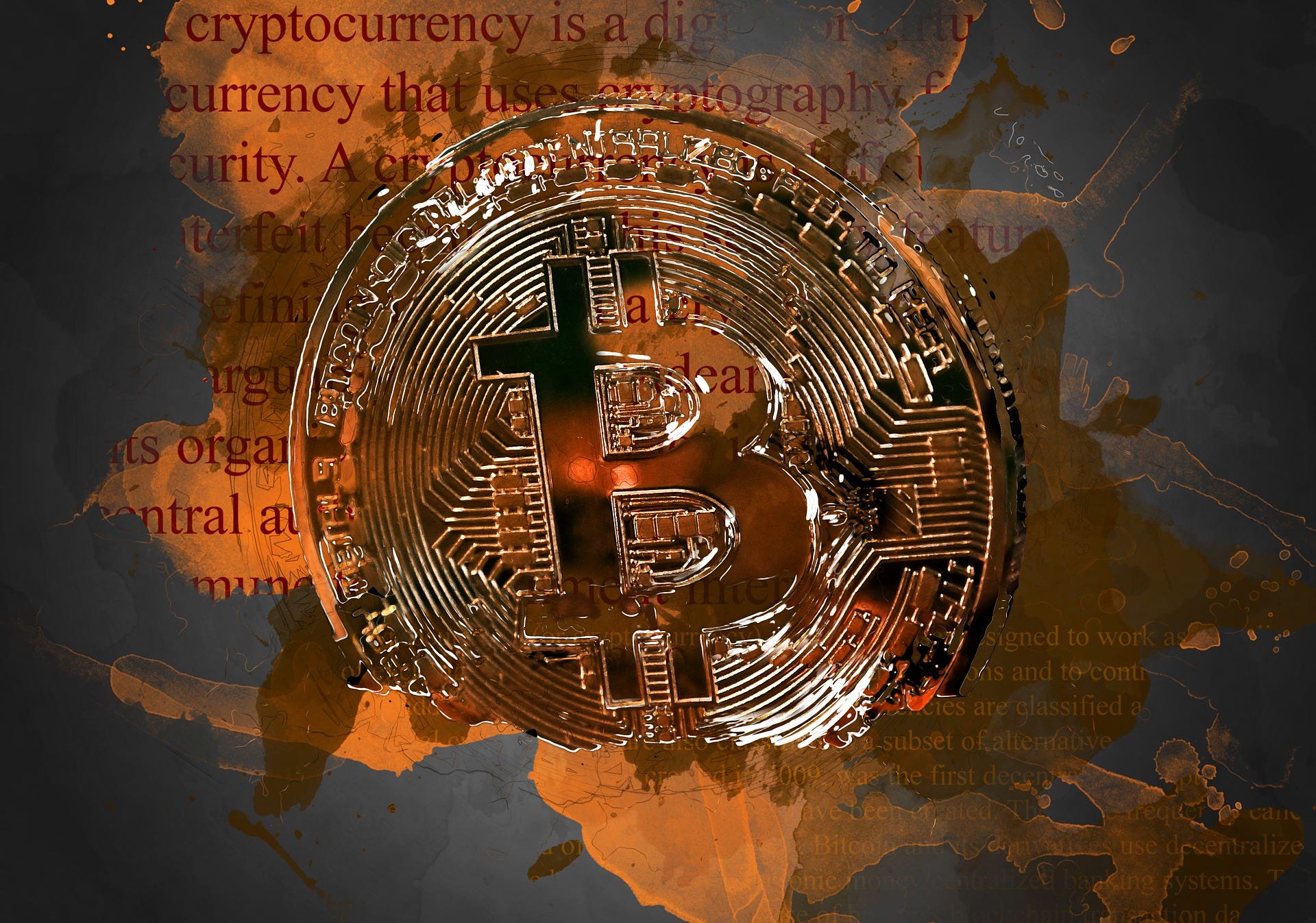PALO ALTO, Calif. (Reuters) - The Federal Reserve is looking at a broad variety of problems around digital payments and currencies, including policy, design and legal considerations around potentially releasing its own digital currency, Governor Lael Brainard said on Wednesday. Brainard's remarks recommend more openness to the possibility of a Fed-issued digital coin than in the past." By transforming payments, digitalization has the prospective to deliver greater worth and benefit at lower cost," Brainard stated at a conference on payments at the Stanford Graduate School of Service.
Main banks globally are disputing how to handle digital financing technology and the dispersed ledger systems utilized by bitcoin, which guarantees near-instantaneous payment at potentially low expense. The Fed is establishing its own round-the-clock real-time payments and settlement service and is currently reviewing 200 remark letters sent late in 2015 about the proposed service's design and scope, Brainard stated.

Less than 2 years ago Brainard told a conference in San Francisco that there is "no compelling demonstrated need" for such a coin. However that was before the scope of Facebook's digital currency aspirations were extensively understood. Fed officials, consisting of Brainard, have actually raised concerns Browse around this site about customer securities and data and privacy hazards that might be presented by a currency that could come into use by the 3rd of the world's population that have Facebook accounts.
" We are collaborating with other central banks as we advance our understanding of reserve bank digital currencies," she said. With more countries looking into issuing their own digital currencies, Brainard said, that contributes to "a set of factors to likewise be ensuring that we are that frontier of both research and policy advancement." In the United States, Brainard stated, problems that require study include whether a digital currency would make the payments system safer or simpler, and whether it could pose financial stability dangers, consisting of the possibility of bank runs if money can be turned "with a single swipe" into the reserve bank's digital currency.
To counter the monetary damage from America's unmatched nationwide lockdown, the Federal Reserve has actually taken unmatched actions, consisting of flooding the economy with dollars and investing straight in the economy. Many of these relocations got grudging acceptance even from numerous Fed doubters, as they saw this stimulus as needed and something only the Fed could do.
My brand-new CEI report, "Government-Run Payment Systems Are Hazardous at Any Speed: The Case Versus Fedcoin and FedNow," information the dangers of the Fed's existing strategies for its FedNow real-time payment system, and propositions for main bank-issued cryptocurrency that have actually been called Fedcoin or the "digital dollar." In my report, I talk about concerns about personal privacy, information security, currency manipulation, and crowding out private-sector competitors and development.
Advocates of FedNow and Fedcoin state the government needs to develop a system fedcoin a central bankissued cryptocurrency for payments to deposit quickly, instead of motivate such systems in the private sector by raising regulatory barriers. But as noted in the paper, the economic sector is providing a seemingly limitless supply of payment technologies and digital currencies to solve the problemto the level it is a problemof the time gap in between when a payment is sent and when it is gotten in a bank account.
And the examples of private-sector development in this area are lots of. The Clearing House, a bank-held cooperative that has actually been routing interbank payments in different types for more than 150 years, has actually been clearing real-time payments because 2017. By the end of 2018 it was covering half of the deposit base in the U.S.